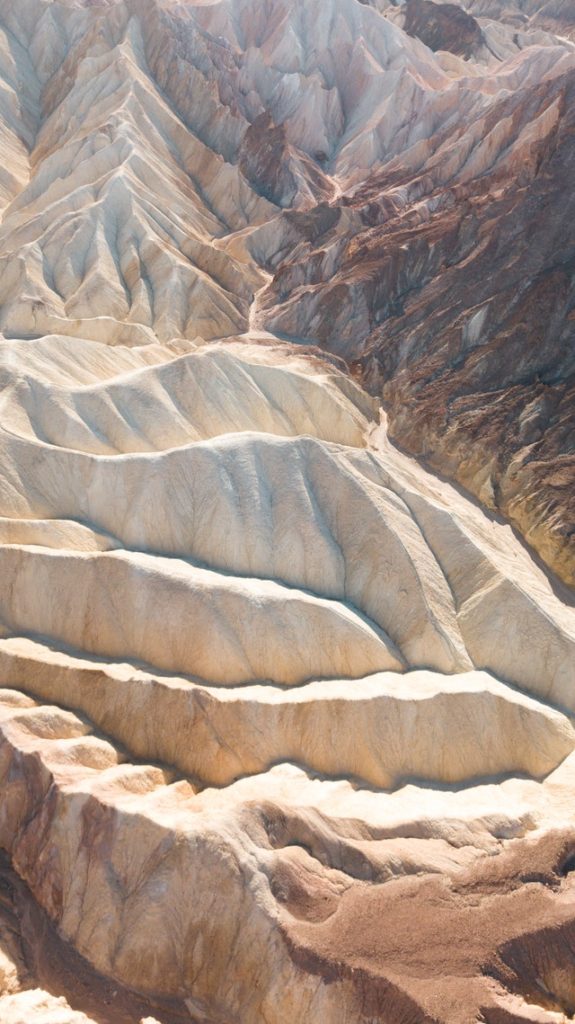
We had reached the lake and were heading back down when one of my friends decided we should follow a different return path, or more precisely, that we should make our own, at least for a distance. We followed the water course for a ways as it led east and we took the time to admire the scenery, open as it was above tree line. We stood on a narrow piece of earth that was jutting upward for a picture, and it was only then that I realized just how uniform that piece of earth was. It was about two feet wide, for a span of 6-10 feet before it crumbled into the water course. I stood back to get a better look, and realized that the land formation was propped up by many small and medium-sized rocks.
“Guys, this was man-made”.
There, several hundred feet from the path, had once sat a small make-shift dam, buttressed by broken stones and filled in with earth. One day, it must no longer have been needed, and was destroyed on it’s western side, letting the waters flow again in that direction.
I am always amazed at how humans have shaped the earth. Nature does a great job reclaiming these outposts of civilization, returning them to the wild, but if you look closely, sometimes you can feel the heartbeat of hands, the echos of vibrations left from a person’s voice, going who knows where, but perhaps the most imperceptible of magnitudes smaller and smaller still, never truly ending.
Regimes rise and fall. If we’re lucky, a codex remains behind, to tell us the stories of those who have gone before.
I read these references to anthropology and archaeology papers written in the sixties. You wonder if those authors are still alive, but the truth is that they probably aren’t. The average career is maybe 30 to 40 years. So when 1850 passed on to 1890, a person had lived the bulk of his life (if he was lucky), and he likely would not have survived to see the horrors of WWI or WWII. A decade passes, a flash in the pan, and the world is irrevocably changed. People die and people are born, and the march continues steadily on.
It’s funny to think that there were history buffs in 1900 who were fascinated by 1800, or people in 1800 fascinated by 1700. I’m sure a thousand years ago, young men and women saw the ruins outside their towns, villages, or cities, and wondered what once used to be. I, too, will be gone some day. All that’s left is curiosity.
I have a rather singular fascination with a particular valley I have visited often. Wouldn’t it be something to write a book on it? Its history, its relics, the old, lost roads? The thought amuses me, but I don’t know how serious I am about it. Only that I like the idea of somebody 80 years from now finding my book and thinking, “Wow, this guy really loved that valley. I wonder how many of these things are still there? I should go check it out”.
The rise and the fall, the living leaves and the dying leaves. And the sun hurries back to where it rises again.
Some days I want to be wrapped in the old stilted pages of forgotten books, to relax in the old and timeless flow. In reverie I remember the good times in my own life, times with friends or family, over games or food. The changing of seasons. Trips to the mountains, hikes, discoveries, and the occasional jaunts through old antique shops.
Keep your eyes on the good stuff.